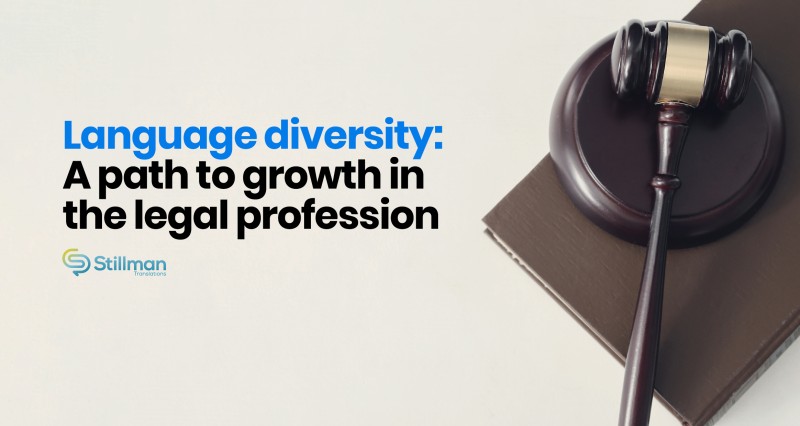In today’s increasingly digitalized world, access to information and services is no longer a luxury, but a necessity.
We explore the importance of embracing language diversity and how language services can help legal firms overcome the hurdles presented.
Deep understanding of legal terminology, concepts, and language usage are only a few requisites for legal translation.
Reading official statements it seems Canadians speak only English and French. How does this play out in education application and recruiting?
Covid vaccines, new pharmaceutical solutions, pills, creams and tests. They all have in common at least one thing: they need translation.
Accessibility is concerned with whether all users are able to access an equivalent user experience. It’s also a legal requirement. Starting 2022, accessibility within Europe will be prominent within the digital industry. On top of the WCAG rulings, the European Accessibility Act (EAA) published in June makes sure it’s on the agenda.
Minimizing ambiguity before you begin work can help prevent many disputes later on. What should you be proofreading in a contract?
Why you need a linguistic partner?
The legal interpretation territory can have some moving sands for the inexperienced. Understanding the basic elements of a legal interpretation scenario can be the difference between selecting the right person for the job and learning a useful (but unpleasant) lesson. In this article, we share a list of expert tips and definitions to help you prepare for your next multilingual trial, court hearing or lawyer-client meeting.
Do you know what Sworn Translations are and why they are important? Sworn translations have been increasingly demanded over the past years due to globalization, migration, tourism, and internationalization of markets. Documents and content need to be adapted to the current laws of a specific country. Find out more about these type of certified translations: What are Sworn Translations and why are they important? Sworn […]










